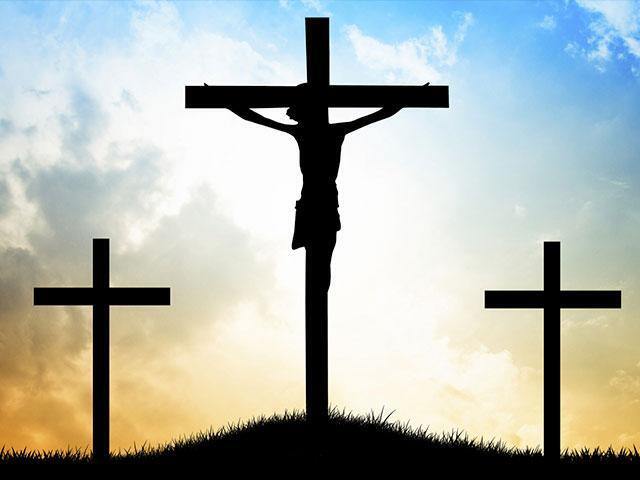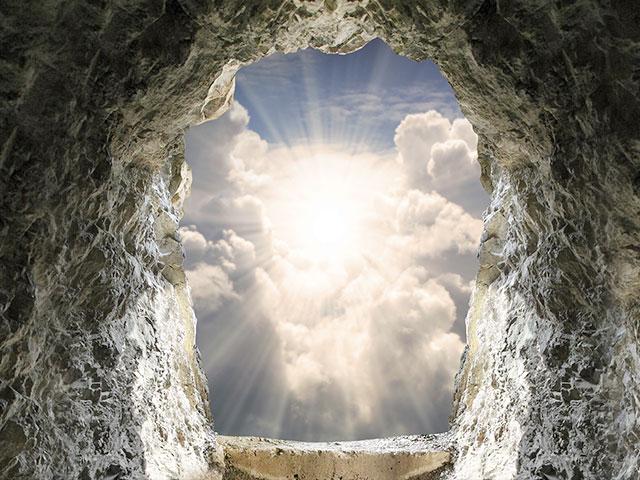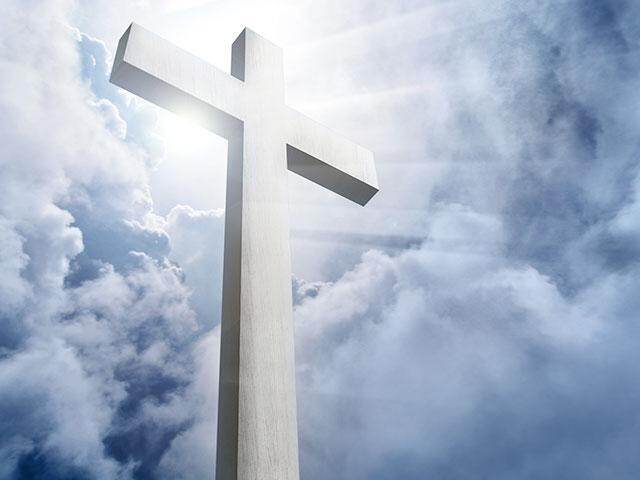
Jesus … who for the joy that was set before Him endured the cross. Hebrews 12:2
The last supper Jesus shared with His disciples was a Seder, commemorating how God set the Israelites free from bondage. It helps us see the enormous significance of Jesus taking the cup and saying,
“This is My blood of the new covenant, which is shed for many for the remission of sins” (Matthew 26:28).
He added, “I will not drink of this fruit of the vine from now on until that day when I drink it new with you in My Father’s kingdom.”
He was essentially saying, “I’m forsaking the pleasures of this world until the day when all the redeemed can gather in My Father’s kingdom. I’m doing this for your sake.”
After the Seder, they sang a hymn as they went to the Mount of Olives. There, Jesus would pray in Gethsemane, “Can this cup pass from me?” He understood what was ahead. He knew Isaiah had prophesied that His visage would be marred more than any man. Given that Jesus sweat drops of blood while praying in the garden, imagine what happened to Him on the cross as He became sin on our behalf, and God turned His face away.
It makes what the Romans did to Him seem small. It makes the scourging, the crown of thorns, and the nails in His hands and feet seem small in comparison.
If I were preparing for this, I would not be singing. Yet that’s what Jesus did on the way to Gethsemane.
A Seder’s last song is Psalm 118, which begins, “Oh, give thanks to the LORD, for He is good!” It then commands Israel and those who fear the Lord—which includes the Gentiles and us today—to say, “His mercy endures forever.” So as Jesus was singing, He was declaring, “This is for all people, for all time.”
The psalm continues,
“The LORD is on my side; I will not fear. What can man do to me? The LORD is my strength and song, and He has become my salvation. I shall not die, but live, and declare the works of the LORD. The LORD has chastened me severely, but He has not given me over to death” (vv. 6, 14, 17-19).
Verse 24 says, “This is the day the LORD has made; we will rejoice and be glad in it.” It’s amazing to think that as Jesus went to Gethsemane, He could rejoice that the day appointed for the salvation of all people had come.
Then verse 27 states, “Bind the sacrifice with cords to the horns of the altar.” In Jewish tradition, sacrifices were not bound to an altar; yet Jesus sings this while preparing to be bound—nailed to a cross.
We’re the reason Jesus went to the cross—giving us freedom, forgiveness, mercy, and new life. And He was bound there by love so we can live with Him for all eternity. God bless you.




